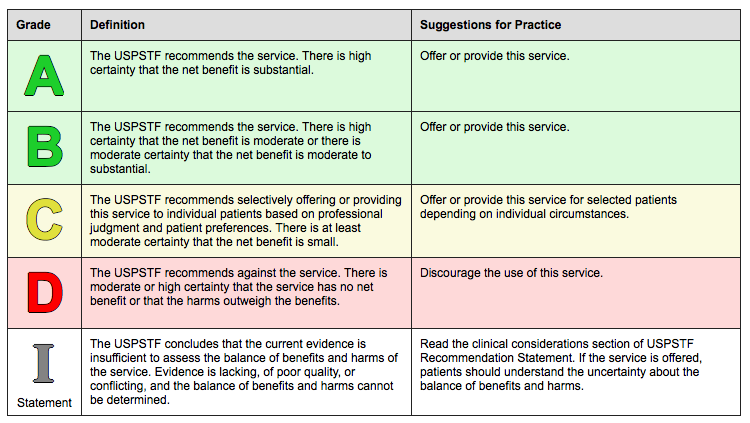Time.com recently posted a story called “Why Screening Young Children for Language Delays Isn’t Helpful“. As a speech and language pathologist, I can tell you that language is a powerful device. Language is at it’s most powerful when used to persuade or dissuade. The headline used by Alice Park of Time with the words “isn’t helpful” is a conclusive, black and white statement, that would lead all parents to delay or forgo screening. Yet deep in her article it says research from the U.S. Preventative Services Task Force (USPSTF) is inconclusive.
“There’s not enough evidence to say that these instruments should be used regularly,” says Dr. Alex Kemper, professor of pediatrics at Duke University and a member of the task force. “It could be that the instruments work well, and it could be that they don’t; we just don’t have enough evidence to say that all children ought to receive these tests at well-child visits routinely. We just don’t know whether or not they lead to benefit.”
In fact, the USPSTF gave their study about speech screening an I for Insufficient. (See chart). So why would Alice Parks or perhaps her editor want to use such a misleading headline. Who knows?
Here are other things Alice Park failed to tell you about the USPSTF study on speech screening.
- The USPSTF makes recommendations about the effectiveness of specific preventative care services for patients without related signs or symptoms. Alice Park’s poorly crafted headline would suggest no children would benefit from screening. Please be patient and do not jump to conclusions, but If you have concerns about your child’s speech and language development you should seek a diagnosis as soon as possible because early intervention is the key to success.
- The study concentrated on the accuracy of screening instruments for speech and language delay used in primary care, not at a center or hospital that specializes in speech and language. There are some great developmental pediatricians for sure, but not all pediatricians are experts in speech and language pathology. Most have a cursory knowledge of speech and language developmental issues. They can and should be able to identify the warning signs and symptoms so that they can refer patients who may have potential issues to a licensed and certified speech and language therapist. Speech and language pathologists are the experts. They stay up to date on the latest developments in speech and language pathology as a requirement to maintain their certification.
- She highlighted that the tests could do harm in terms of anxiety and time and money wasted. She fails to say that the USPSTF found no studies on these harms and also failed to mention that the tests could lead to helpful early intervention.
The Kidmunication Point
Children develop at different rates, so be patient. However if you suspect that your child has a speech and language disorder be vigilant and seek a diagnosis, even if your pediatrician tells you that your son or daughter will grow out of it. This is true a lot of the times, but it is not true all of the time.
See our milestone charts for speech and feeding development to check your child’s developmental progress and regardless of what the Time.com article says, don’t be afraid to discuss it with your pediatrician during well-visits or talk to a speech and language pathologist.


